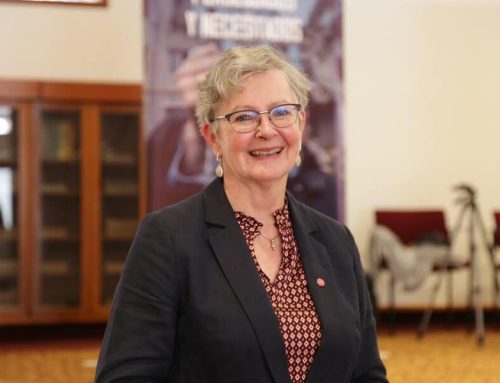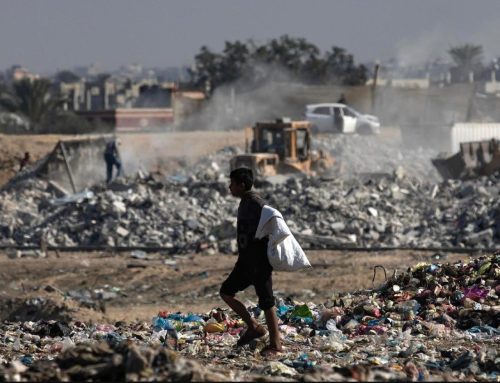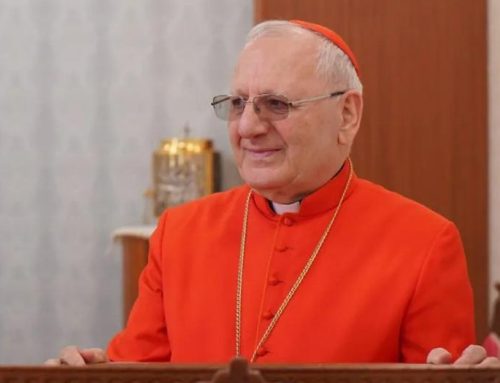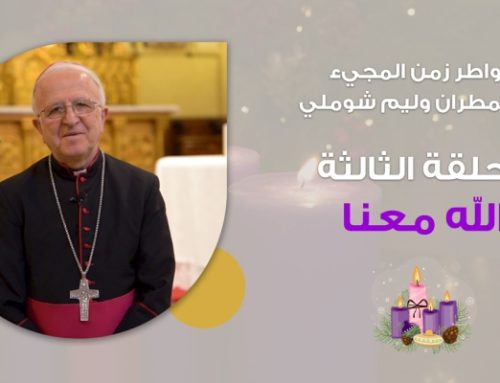The BBC’s misguided attempt to ‘avoid controversy’ by refusing a charities’ emergency appeal for Gaza has turned into a major crisis for the publicly-funded Corporation, say outraged critics.
Ekklesia
The Anglican archbishops of Canterbury and York have now joined strongly-worded appeals for the BBC to admits its mistake and broadcast the Disasters Emergency Committee broadcast calling for donations to assist those devastated by war in the Palestinian territory.
Major aid agencies, charities, 11,000 members of the public, over 50 MPs, the Charity Commission, all the main political parties and faith groups have united to ask Britain’s flagship broadcaster to reconsider its decision on humanitarian grounds.
The BBC’s refusal has put other broadcaster’s in a difficult situation, since the long standing on DEC appeals is that they will be done by consensus. Now ITV, Channel 4 and Channel 5 are going to be showing the Gaza crisis appeal, and Sky are reconsidering their position.
Archbishop of York Dr John Sentamu has accused the BBC of “taking sides” on the Gaza conflict – throwing the Corporation’s claims of neutrality into further confusion. He said on Saturday 24 January 2009: “This is not a row about impartiality but rather about humanity.”
His call for the DEC appeal to be shown was backed by Archbishop of Canterbury Dr Rowan Williams in a church service this morning.
Dr Sentamu declared: “This situation is akin to that of British military hospitals who treat prisoners of war as a result of their duty under the Geneva convention. They do so because they identify need rather than cause.”
This is not an appeal by Hamas asking for arms but by the Disasters Emergency Committee asking for relief. By declining their request, the BBC has already taken sides and forsaken impartiality,” the archbishop added.
In a direct appeal to the Corporation, Dr John Sentamu said: “Come on Auntie Beeb. Wake up and get on with it.”
The Charity Commission, which regulates UK charities to ensure competence and impartiality, echoed calls for the BBC to reconsider, saying the work of the agencies would be hampered without “maximum public support”.
Andrew Hind, the Commission’s chief executive, commented: “Oxfam, Save the Children, Islamic Relief are 100% confident they can convert aid and donations from the public into meaningful help to all those people in desperate need.”
Over 2,000 protestors joined a demonstration outside Broadcasting House in London yesterday, opposite the historic All Souls’ Anglican Church in Langham Place.
But the BBC has so far stubbornly refused to back down, with the chair of its Trust claiming that the “undue pressure” also hindered its independence. Critics say this is “ludicrous”, because the calls for it to act with charity and humanity – not political favour – come from all sections of society, all beliefs and all parties, not partisan sources.
There is also rebellion in the ranks of it own reporters and editors. One senior BBC news presenter told the Observer newspaper: “I’ve been talking to colleagues and everyone here is absolutely seething about this. The notion that the decision to ban the appeal will seem impartial to the public at large is quite absurd.”
The presenter continued: “Most of us feel that the BBC’s defence of its position is pathetic, and there’s a feeling of real anger – made worse by the fact that contractually we are unable to speak out.”
Respected Channel 4 news reader Jon Snow, who works with many international development charities, also expressed outrage.





